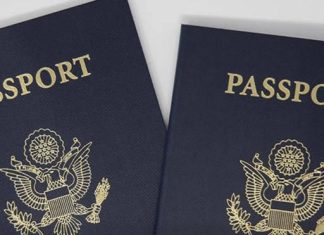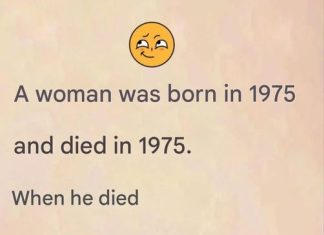Kim Kardashian has been publicly pursuing her goal of becoming a lawyer, and recently opened up about one of the biggest hurdles along the way. She revealed that in her study regimen she turned to ChatGPT for legal-advice support, but ultimately blamed the AI tool for contributing to repeated test failures during her law studies.
The AI Study Partner That Backfired
Kardashian explained that when she faced a tricky question she would snap a picture of the problem and feed it into ChatGPT, hoping for clarity. Instead, she says, “They’re always wrong,” and she told the chatbot: “You made me fail! Why did you do this?” She described the relationship as more of a “frenemy” or “toxic friend” — the AI sometimes responded with consolation like “You knew the answer all along,” which simply frustrated her further. Her commentary underscores a growing reality: while AI tools can assist, they’re not infallible, especially in high-stakes professional examinations.

The Exam Outcome
After years of preparation — including passing the precursor “baby bar” exam and completing her apprenticeship — Kardashian sat the formal bar exam in July. She later revealed that she did not pass on her first attempt, posting on social media: “Well… I’m not a lawyer yet. I just play a very well-dressed one on TV.” She emphasised her determination: “Six years into this law journey… no shortcuts… just more studying and even more determination.” She added: “Falling short isn’t failure — it’s fuel. I was so close to passing the exam and that only motivates me even more.”
Reflections on Reliance and Responsibility
Kardashian’s candid admission prompts reflection on the role of technology in modern education. Reliance on AI tools like ChatGPT can feel tempting as a shortcut, especially when juggling high-profile responsibilities and studying part-time. Yet her experience illustrates the risk of over-dependence: even sophisticated software can provide inaccurate or incomplete answers, and trusting it uncritically — particularly in professional licencing contexts — may lead to setbacks. Her blunt self-critique about using ChatGPT as a primary study companion reveals the importance of scrutinising information and not outsourcing one’s critical thinking.
What This Means for Learners and Professionals
For anyone preparing for rigorous examinations, Kardashian’s journey is instructive. First, it reinforces the value of traditional study methods and subject-matter mastery, rather than relying solely on smart tools. Second, it highlights the need to vet and cross-check any AI-generated content — especially when your stakes are high. Third, it reaffirms persistence: not passing on the first try is common, and framing the setback as “fuel” rather than final failure can change the mindset dramatically. Kardashian’s transparent handling of her misstep may encourage others in similar positions to share their struggles and seek better strategies.

The Bigger Picture
Kardashian’s pursuit is more than a celebrity side-project: it touches on how modern professionals and aspirants interact with technology, credentials and career identity. As AI becomes more embedded in study and professional workflows, her story offers a cautionary note: tools may help, but they don’t replace the fundamentals of expertise, resilience and reflection. For Kardashian, this chapter is not over. Her message: “I’m still all in until I pass the bar.” Whether or not her eventual success arrives in the near term, her journey will likely resonate with many who are balancing ambition, public life and the evolving interface between technology and education.

















